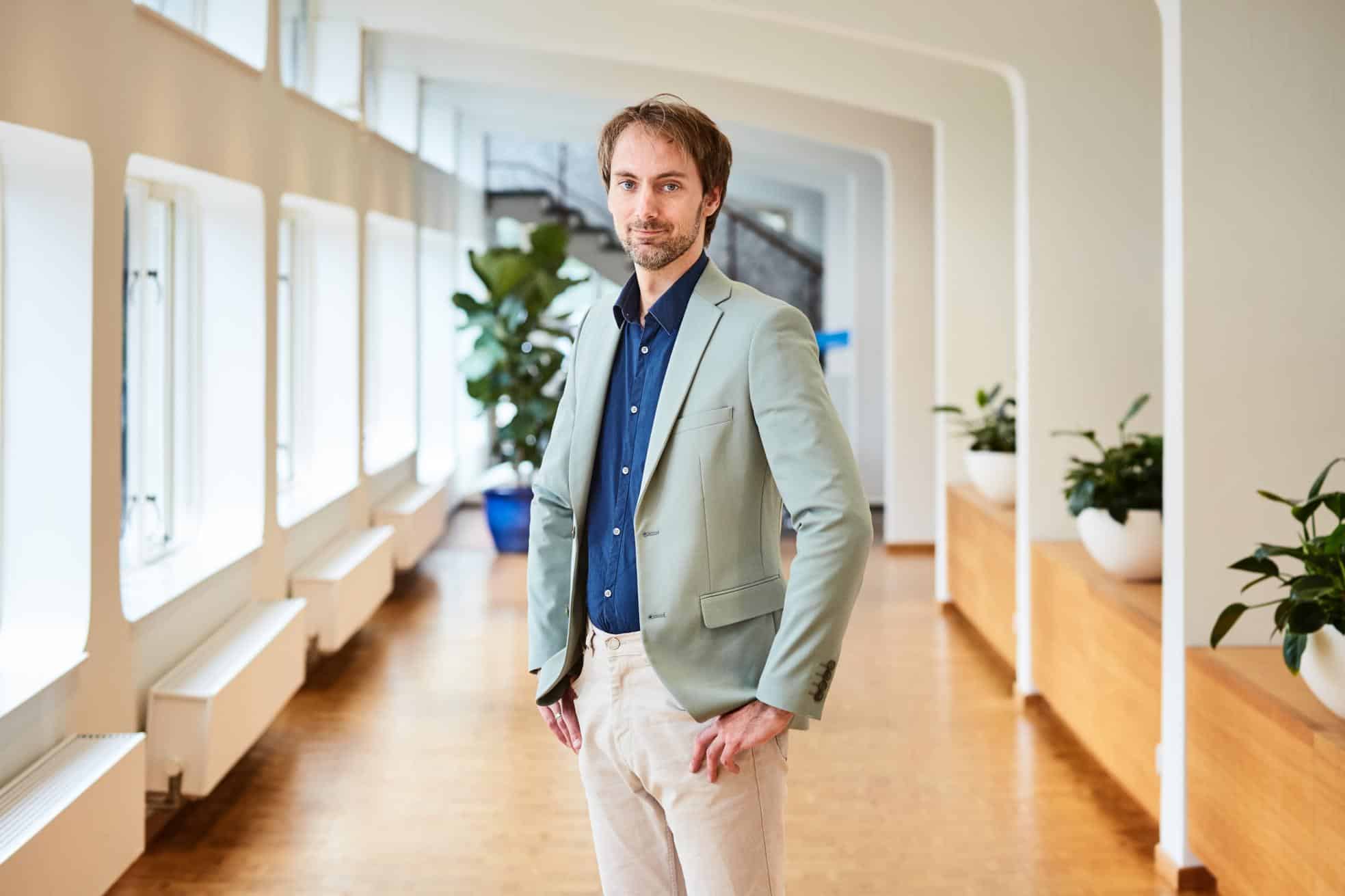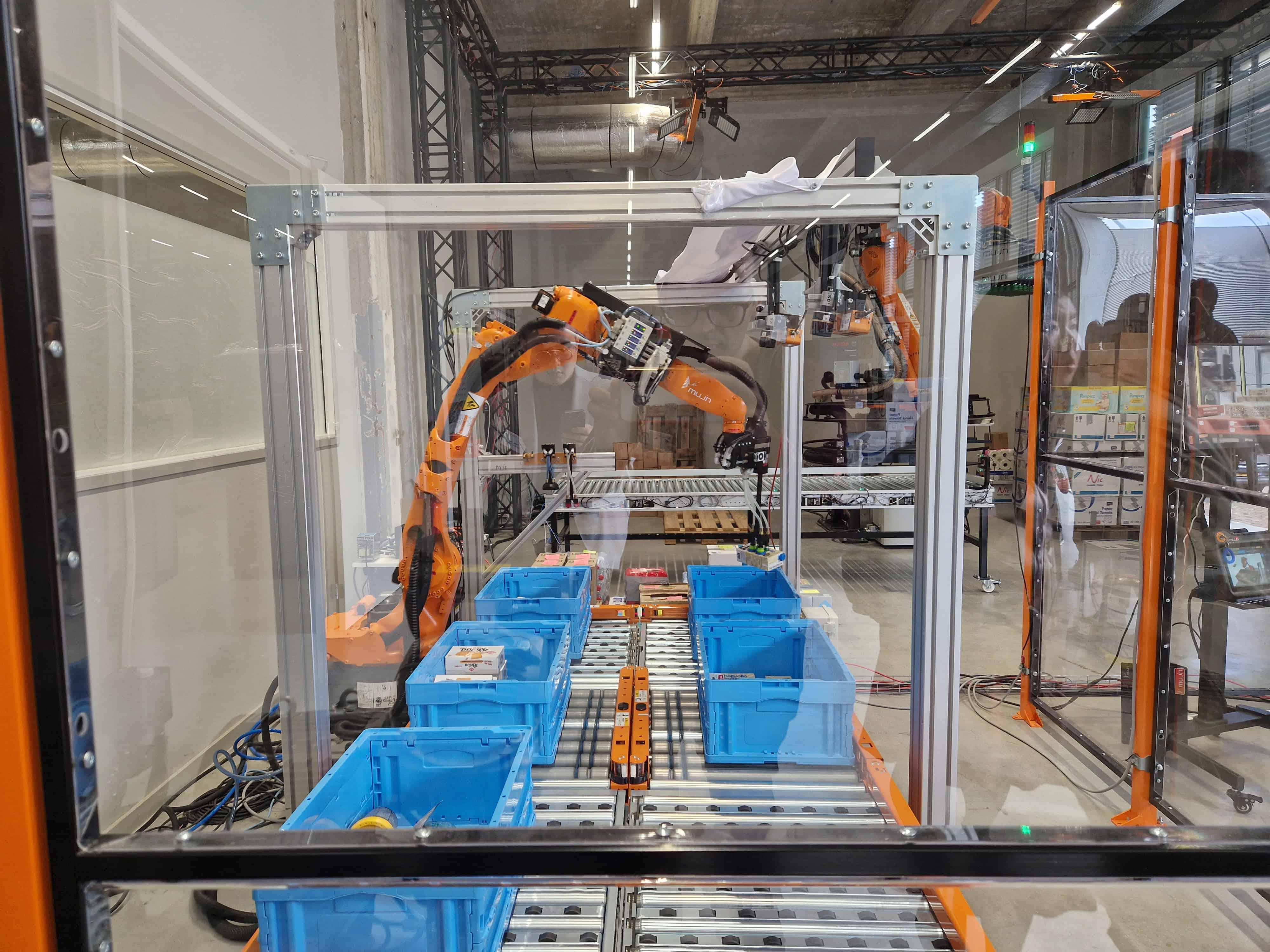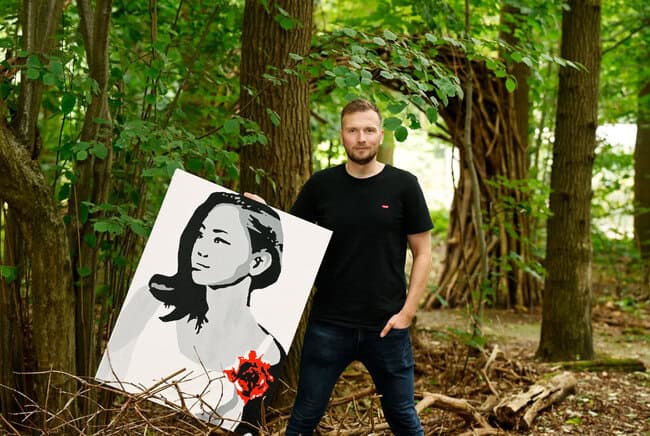
Who is responsible when an autonomous car drives into a group of cyclists? No one has the answer to this yet. Is the manufacturer to blame? The team that wrote the software? The owner of the car? Or maybe the automatic system of the car itself? Who will decide?
In a court case against a robot, Robot Love tries to start a discussion about these questions. According to the organisation of the case, it is important that we as a society start thinking about the rights of robots. Especially now that more and more forms of artificial intelligence are appearing that make the intervention of people superfluous. How far should we go in granting rights to robots?
The court case is part of the Robot Love event, which takes place from 15 September to 2 December, in the old Campina Factory in Eindhoven. More on the event here.
During the trial that takes place on 4 October, a brothel keeper takes a sex robot to court. The robot threatens to place personal information of a violent visitor on social media, the brothel keeper fears reputation damage and via the judge tries to prevent the robot from placing the story on the internet.
Hub Dohmen, a lawyer specializing in IT and Intellectual Property cases, defends the robot during the trial. Dohmen is trained as a technician and therefore ‘speaks’ two languages. He sees that the legal system is struggling with the rapid progress of various AI systems. According to him, it is impossible to predict where this technique will go, but that does not mean that we should ignore the subject. How does he do that, defending a robot? Dohmen: “For this, we need to apply an artifice in the process. We assume that the robot has a separate legal subjectivity.”
Dohmen explains that there are currently two legal subjects: natural persons (people), and legal persons, which includes a BV for example. In the robot process, a third form is added: that of robots. Or as Dohmen calls it: “the artificial entity. In this legal form a robot has rights and duties, just like people or companies have, but not necessarily the same. Robots should be able to order their own maintenance, for example, or can be held liable if they cause damage. If a person breaks something, he has to pay, the decision-making power of a BV lies with the director, but the BV has to pay. So there is always one person to be appointed who is ‘behind it’. But what about robots?
Dohmen: “Even with a BV you can’t say that a director decides everything. Sellers can sell things, HR takes on staff. They don’t have to ask the director for permission; that would create an unworkable situation. See what’s going on within ING now: a top executive steps down under great pressure from public opinion. But you could also look at the layer below him. Did they know what was going on? Can you identify them as people who were responsible? With artificial intelligence or robots, the software is written by a person. But because of all the data that the system collects, the program changes, that does not always involve a person. So the difference between a BV and a robot is not as big as it seems.”
Dohmen admits that robots are not (yet) able to make independent decisions. But he emphasizes that the robot process is “not an air cycling business”. By this, he refers to a proposal of the Legal Committee of the EU to give robots some form of rights. “There is still a lot of disagreement about this proposal. There is a lot of fear of robots, although not unjustifiably so. After all, we do not know where it is going. It is not inconceivable that unskilled workers, but also judges or lawyers, will be replaced by robots in the future. Opponents sketch a science-fiction story based on emotion. We have to stay away from this, we have to look at the facts. At the same time, this fear should be an incentive to be well informed in all areas: technical, philosophical and legal. By already thinking about different possibilities, we can avoid some surprises.”
Dohmen does not think that robot rights will become a reality very soon: “It is not a black and white issue where you can say on the one hand you have the human being who has all the rights and duties and on the other hand on the scale you have robots. It does not work that way, it is more complicated than that. With this court case, we want to take this debate to a higher level.”
The court case will be led by Mr Willem Korthals Altes. He worked as a lawyer, was a lecturer at the University of Amsterdam and has been active as a judge for over 22 years. For cases like this, there is no legislation yet, so Korthals Altes has the difficult task of making it.








